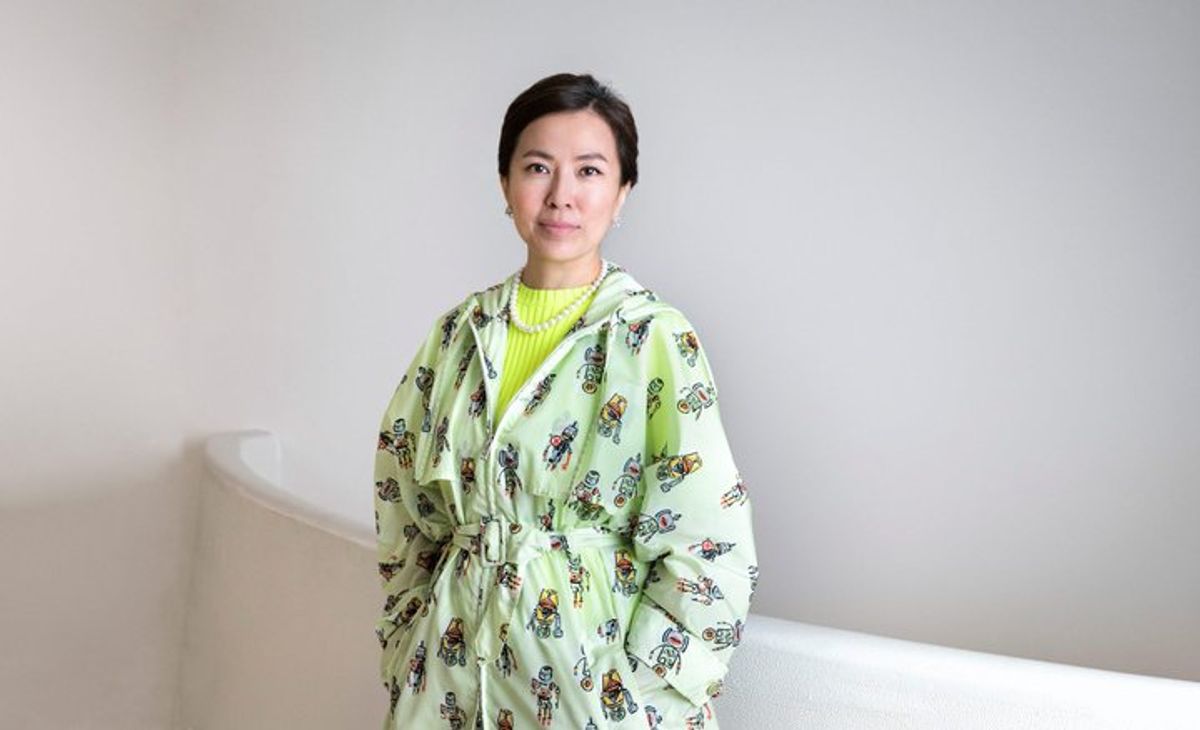For her "largest and most ambitious project to date”, the Korean artist Anicka Yi will take over the Turbine Hall at Tate Modern this autumn (6 October-10 January 2021), bringing her brand of experimental, cross-disciplinary art to London’s Bankside.
Yi uses unconventional materials to examine what she calls “a biopolitics of the senses”, melding science with socio-political issues such as migration and gender. At the 2019 Venice Biennale, she created giant pods made of kelp filled with animatronic insects for an installation called Biologising the Machine. Last year, she also created a series of “feminist” fragrances in collaboration with the perfumer Barnabé Fillion.

Detail from Yi’s Lifestyle Wars diorama (right) at the Guggenheim: ants circulate through pathways reflected in mirrored glass Courtesy of the artist and 47 Canal, photo David Heald, © Solomon R. Guggenheim
In 2016, Yi was awarded the Hugo Boss Prize; the corresponding exhibition was held the following year at the Guggenheim Museum in New York. In the show, she unveiled a scent using bacterial samples collected from Asian-American women in Manhattan’s Chinatown and Koreatown and from carpenter ants.
She told The Art Newspaper: “For me to use bacteria in my work is to create access to our discomfort… My hope is to allow for some kind of acknowledgement of our anxieties around hygiene, around the body, around a cultural conditioning of what is considered negative, as something that we should expel.”
Frances Morris, the director of Tate Modern, says in a statement: “Yi’s installations are unforgettable, using the latest scientific ideas and experimental materials in unexpected ways. The results not only engage the senses, but also tackle some of the big questions we face today about humanity’s relationship to nature and technology.”
The current Turbine Hall commission was created by the US artist Kara Walker, whose monumental 13m-high fountain (Fons Americanus, until 5 April) is modelled on the grandiose Victoria Memorial unveiled in front of Buckingham Palace in 1911.


